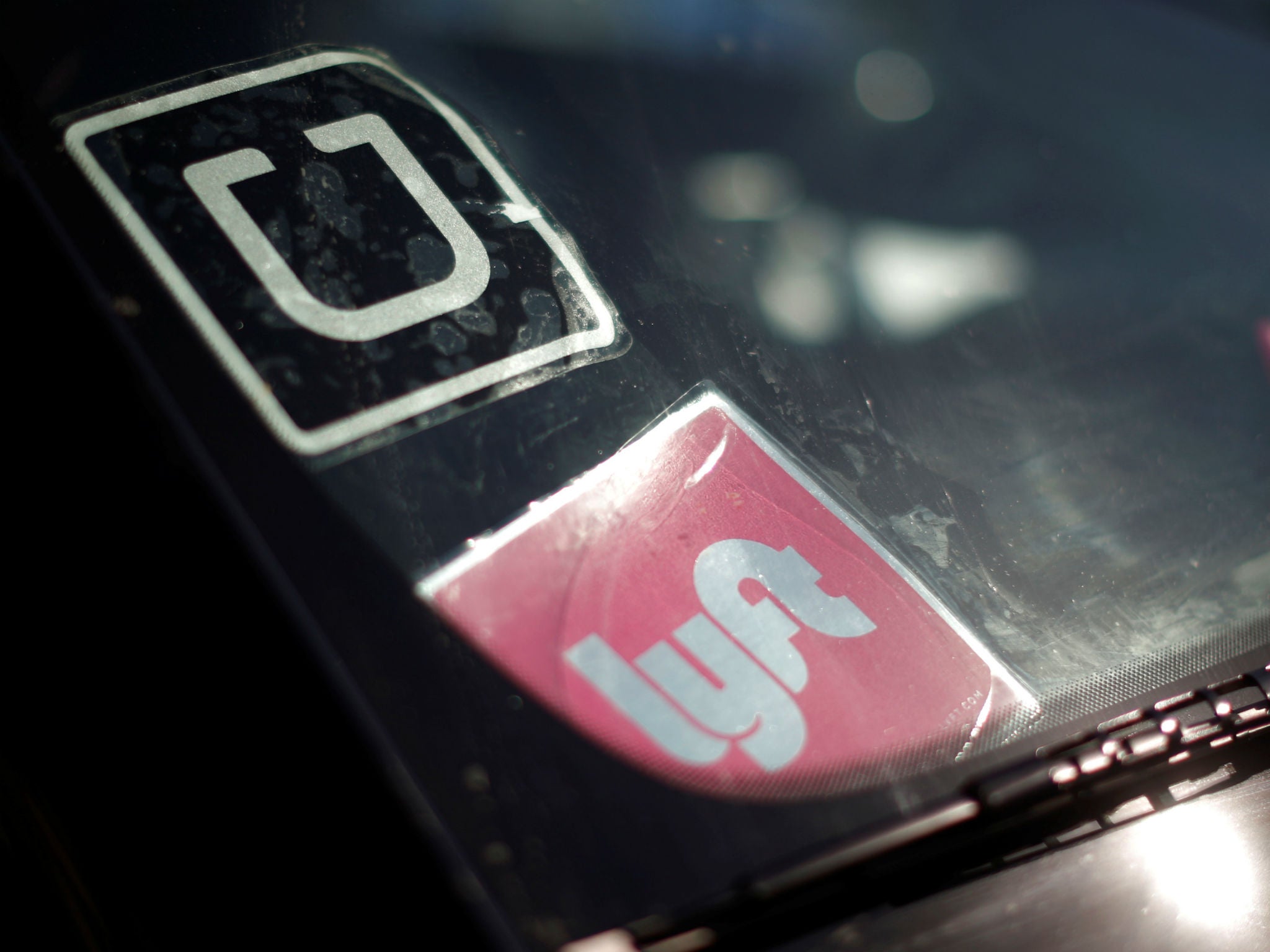Uber and Lyft subpoenaed for employment records after landmark gig economy ruling
The California Supreme Court recently narrowed when businesses can classify workers as independent contractors and exempt them from wage guarantees

San Francisco’s city attorney has demanded that Uber and Lyft turn over employment records after a California high court ruling that could reshape the gig economy.
Technology firms that allow people to perform discrete tasks for money - like driving passengers to their destination - typically classify those workers as independent contractors, rather than full-time employees, a designation that means they are not entitled to wage and benefit guarantees.
The California Supreme Court recently threw that business model into doubt by ruling that companies must meet a series of conditions to prove workers should be independent contractors. If they cannot, the court ruled, those companies have to comply with California wage orders.
San Francisco city attorney Dennis Herrera referenced that decision in announcing he was subpoenaing Lyft and Uber to see how they classify their drivers and to obtain data on pay and benefits. If those drivers should in fact be considered employees, the ride-for-hire firms would owe them minimum wage along with sick days, paid parental leave and health benefits, Mr Herrera said.
“San Francisco’s laws help ensure that employers provide a fair day’s wage for a fair day’s work,” Mr Herrera said in a statement. “Our laws also guarantee employees basic humane benefits like sick leave, health care, and paid parental leave. We are not going to turn a blind eye if companies in San Francisco deny workers their pay and benefits”.
A representative of Uber declined to comment. A Lyft spokesman said the company has a “long track record of working collaboratively with policymakers, including the SF City Attorney, on important issues”.
“We look forward to helping the City Attorney's office fully understand Lyft's business model, including our relationship with drivers”, Adrian Durbin said.
As the task-based gig economy has grown in recent years, spurred by the rapid expansion of the ride-for-hire model championed by Uber and Lyft, so too have questions about the nature of modern work.
Executives at companies like Uber and Lyft argue that the work’s appeal derives in large part from its flexibility, which allows people to earn money in their spare time or earn supplemental wages without having to hew to a riding schedule.
But labour advocates and their political allies are increasingly warning that the gig economy model deprives workers of durable employment and forces society to absorb the cost of that instability.
“We are not going to tolerate any company shirking its responsibility to pay for benefits and shifting that burden onto taxpayers when drivers without health insurance turn to the emergency room”, Mr Herrera said.
Last week Uber announced it would extend health insurance across Europe and offer one-time payments to defray the cost of having children.
Efforts to form gig workers into unions have produced mixed results. While a court ruled last year that Seattle-area Uber and Lyft drivers had the right to unionise despite being classified as independent contractors, a California appeals court this month ruled against a labour Seattle law that spurred the legal challenge.
Join our commenting forum
Join thought-provoking conversations, follow other Independent readers and see their replies
0Comments